Lists







6 Books, 1 Author
Favorite Books
Sort by:
Recent Desc
More lists by Olivia Thrasher



Owned/Unfinished Games
List includes: Portal, Fallout: New Vegas, Super Meat Boy
October 2022
0
@Ofthrasher


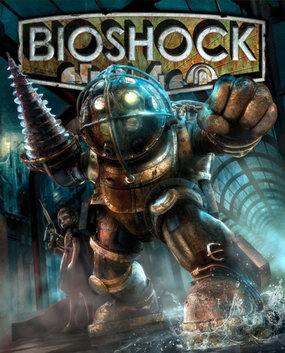
Video Games
List includes: Doom, Fallout, BioShock
October 2022
0
@Ofthrasher
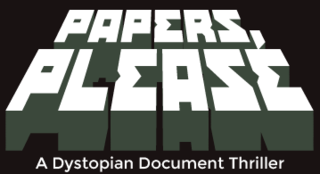
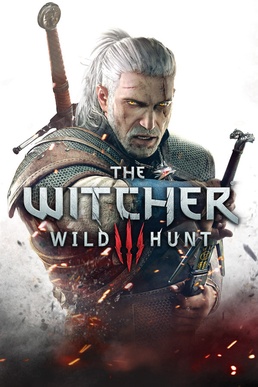

Greatest Video Game Experiences
List includes: Papers, Please, The Witcher 3: Wild Hunt, Divinity: Original Sin II
October 2022
1
@Ofthrasher

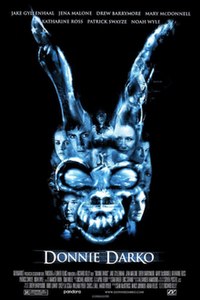
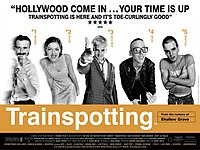
Movies to See
List includes: American History X, Donnie Darko, Trainspotting
April 2022
0
@Ofthrasher



Series to Finish
List includes: Battlestar Galactica, CSI: Crime Scene Investigation, American Dragon: Jake Long
April 2022
0
@Ofthrasher



Series To Watch
List includes: Dead Like Me, Futurama, Breaking Bad
April 2022
0
@Ofthrasher



Favorite Series
List includes: Black Mirror, Drunk History, The 100
April 2022
0
@Ofthrasher
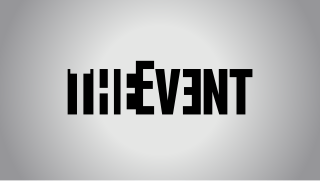

Finished Series
List includes: Firefly, The Event, Game of Thrones
April 2022
0
@Ofthrasher
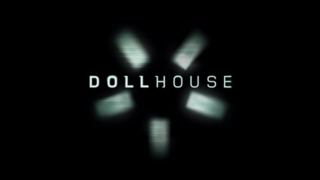


Abandoned Series
List includes: Dollhouse, The Event, Extant
April 2022
0
@Ofthrasher